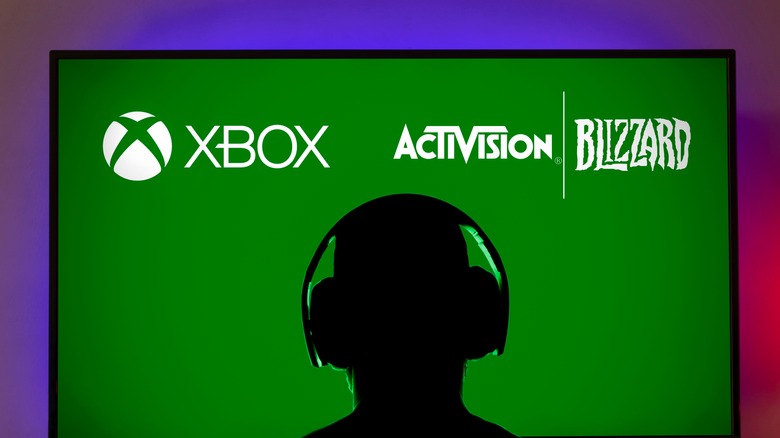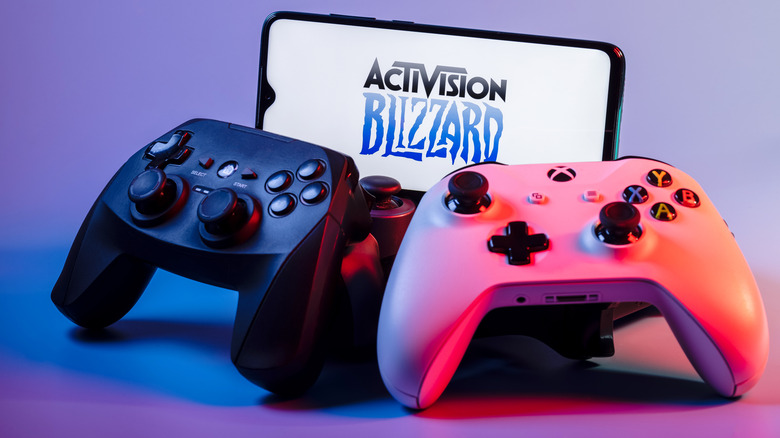EU Approves Microsoft's Activision Acquisition, But Big Questions Still Remain
Microsoft's blockbuster acquisition of Activision Blizzard has cleared its biggest regulatory hurdle yet in the European bloc. The European Commission has approved the merger proposal worth $68.7 billion, noting that even if Microsoft decides to limit all Activision Blizzard titles in the future to the Xbox platform, it "would not significantly harm competition in the consoles market."
It also notes that the deal represents a "significant improvement for cloud gaming as compared to the current situation." In its official press release, the agency says it conducted an in-depth investigation into the competition concerns raised by regulators as well as rivals like Sony and has come to the conclusion that the acquisition terms "fully address" all the concerns and fair market criteria.
To recall, Sony contested the deal on the grounds that Microsoft's ownership of Activision Blizzard properties would eventually allow it to become the gatekeeper of cash-cow gaming franchises like Call of Duty. Microsoft, on the other hand, tried to assuage those concerns by extending a 10-year Call of Duty deal to keep it on the PlayStation platform, while Nintendo went ahead and signed one such contract with Microsoft. The European Commission's statement notes that even if Call of Duty is limited to Microsoft platforms, the Japanese gaming giant still commands a reach and a catalog that is vast enough to retain its competitive edge. But trouble's not over at home, as the US FTC is investigating the deal, too.
A new lease of life
Microsoft's bid to get the green light for its Activision Blizzard deal was blocked in the UK barely a few weeks ago. One of the key arguments behind the decision was that the deal would give Microsoft an unfair advantage in the gaming segment, especially in the cloud gaming department. Microsoft's cloud gaming service has a fairly wide reach and all of it is tied to the Xbox Game Pass subscription service.
However, industry titans like Valve, Nvidia, Steam, and even Amazon are in the game. Sony, on the other hand, also has a fairly popular game subscription service in its portfolio under the PlayStation brand. The European Commission's approval notes address those exclusivity concerns, too. The agency notes that "Microsoft would have no incentive to refuse to distribute Activision's games to Sony, which is the leading distributor of console games."
It also cites the lopsided leadership that Sony enjoys in the market when it comes to the sale of PlayStation consoles against Microsoft's Xbox series machines. But not everything is rosy for Microsoft. The European Union says, following its lengthy assessment, that Microsoft can harm the competition if it limits the cloud-based game streaming of Activision Blizzard games to its own platform in the future. On the PC gaming side of things, the regulatory body says locking the games to its Windows ecosystem, or degrading the experience on rival platforms would mean Microsoft "could strengthen the position of Windows in the market for PC operating systems."

